Brown studies the idea of human connection and our ability to empathize, belong and love. Brown also writes about shame and the idea that it corrodes the very part of us that believes we are capable of change.
Brown’s research on shame and the impact of it is groundbreaking. She believes that we deepen our own humanity and sense of connectedness to each other when we are aware of the impact shame has on our lives.
Brown talks a lot about the idea that we are hardwired for “story” – down to the neurological and biological level. As humans, we desire connection and stories are that connection.
Her goal when writing is to tell the truth and walk away feeling proud of what she wrote. She often says she cannot control the outcome.
In addition, she also developed the Shame Resilience Theory, which talks about shame as a silent epidemic, and something each of us experiences. Shame is associated with depression, anxiety, grief, eating disorders and even addictions and violence.
The Shame Resilience Theory is a theory grounded in and based upon building resilience to shame by helping us connect with our authentic selves and grow meaningful relationships with others.
Lastly, Brown states that we are often our own worst critics. We talk to ourselves in ways that we would never speak to someone else. With self-compassion, we can learn to understand and calm our inner critic, which is key to living a brave life.
Christopher Germer on Self-Compassion
 Christopher Germer Ph.D. is a clinical psychologist, a practicing meditator as well as an author and a teacher of mindfulness and compassion.
Christopher Germer Ph.D. is a clinical psychologist, a practicing meditator as well as an author and a teacher of mindfulness and compassion.
Germer is also a part-time lecturer on psychiatry at Harvard Medical School. Germer also partnered with Kristin Neff to co-create the Mindful Self-Compassion (MSC) program.
Dr. Germer’s main focus and interests are on self-compassion, which he refers to as “that warmhearted attitude of mindfulness when we suffer, fail, or feel inadequate.”
Germer came across the idea of self-compassion in 2005 as a solution for his long-term struggle with public speaking anxiety.
In addition to partnering with Neff on the workbook, he also established the Center for Mindfulness and Compassion at the Cambridge Health Alliance in 2015. Germer is on the faculty at Cambridge and serves as a senior advisor and consultant. Germer is also researching a protocol for using self-compassion to treat chronic pain.
Compassion, according to Germer, has to do with the desire to alleviate suffering in someone else, where self-compassion is basically the compassion you have toward yourself.
Self-compassion means treating yourself with the same understanding and kindness that you would treat someone you truly love. Germer also talks about the difference between mindfulness and self-compassion.
Mindfulness, according to Germer, is more about the moment-by-moment experience. Compassion, on the other hand, is more about that inner relationship we have with our sense of self.
Germer’s experience as a therapist recently taught him that it is just as important to offer self-compassion to yourself as it is to offer it to your clients. Germer also suggests that the development of self-compassion may very well be the invisible mechanism that helps determine whether therapy sticks and transforms a life or not.
Paul Gilbert’s Work on the Topic
Paul Gilbert is the founder of the Compassionate Mind Foundation. Gilbert is an internationally recognized researcher, speaker, and trainer. The Foundation supports global academic research and helps bring together leaders in the field.
The Compassionate Mind Foundation promotes wellbeing by facilitating scientific understanding and the application of compassion. It also utilizes compassion focused therapy literature as well as compassionate mind theory.
According to Gilbert’s work on compassion, the core of compassion is courage, rather than kindness. The courage to be compassionate lies in one’s willingness to see into the nature and the cause of suffering, whether that suffering is within oneself, or within others.
Gilbert believes that compassion is one of the most important declarations of strength and courage known to humanity. Compassion is difficult and powerful, while also being infectious and influential and is a universally recognized motivation that has the ability to change the world.
The guiding principle for the foundation is the idea that our human potential for love, altruism, creativity, and compassion and also for selfishness, cruelty, and vengeance are all tied together and linked to the way our brains have evolved over time in order to survive.
Modern research is just beginning to illuminate the genetic basis of all of these unique dispositions in terms of how they support social relationships, from the cradle to the grave.
These dispositions also shape our brains and value systems, and thus the disposition to create different patterns of activity in our brains.
The more we seek to understand these processes the more we can understand how different patterns in our minds are created.
The Work of Kristen Neff

Dr. Kristen Neff’s work is recognized all around the world.
Her work on self-compassion makes her an expert in the field. She was one of the very first researchers to define and measure self-compassion.
In addition to Dr. Neff’s work and research on self-compassion, she has also created a program to teach self-compassion to others. The workbook, the Mindful Self-Compassion (MSC) workbook and training was co-created by Dr. Neff and Dr. Chris Germer.
Dr. Neff’s work on self-compassion is groundbreaking. She believes that having compassion for yourself is really no different than having compassion for others.
Instead of continually judging and criticizing yourself for all of your inadequacies or shortcomings, self-compassion allows you to be kinder and gentler to yourself.
Having self-compassion, according to Dr. Neff, is not about trying to be perfect. It’s about being kind and understanding, even when faced with personal failings.
Self-compassion is not about self-judgment either, it’s about developing a sense of warmth and compassion in everything you do. When you are self-compassionate, you recognize your own failures and shortcomings as something that is inevitable and as something you can accept with love and kindness.
Self-compassion also allows you to see that all humans suffer. The very definition of being human means we are vulnerable, imperfect and mortal. Self-compassion comes into play when we are able to recognize this as a shared human experience.
Neff’s work also involves the idea of mindfulness, rather than over-identification. Mindfulness allows us to observe our negative thoughts and emotions with openness and clarity.
As we examine ourselves with an open and receptive mind, we create more internal balance.
 In order to understand self-compassion, you have to first understand the concept of compassion.
In order to understand self-compassion, you have to first understand the concept of compassion. Those who measure high in self-compassion treat themselves with kindness and concern when experiencing negative events. (Allen & Leary, 2010).
Those who measure high in self-compassion treat themselves with kindness and concern when experiencing negative events. (Allen & Leary, 2010).

 According to Neff et al. (2007), people with self-compassion are less likely to be critical of themselves and less likely to be anxious or depressed, which, in turn, leads to greater life satisfaction.
According to Neff et al. (2007), people with self-compassion are less likely to be critical of themselves and less likely to be anxious or depressed, which, in turn, leads to greater life satisfaction. Christopher Germer Ph.D. is a clinical psychologist, a practicing meditator as well as an author and a teacher of mindfulness and compassion.
Christopher Germer Ph.D. is a clinical psychologist, a practicing meditator as well as an author and a teacher of mindfulness and compassion.
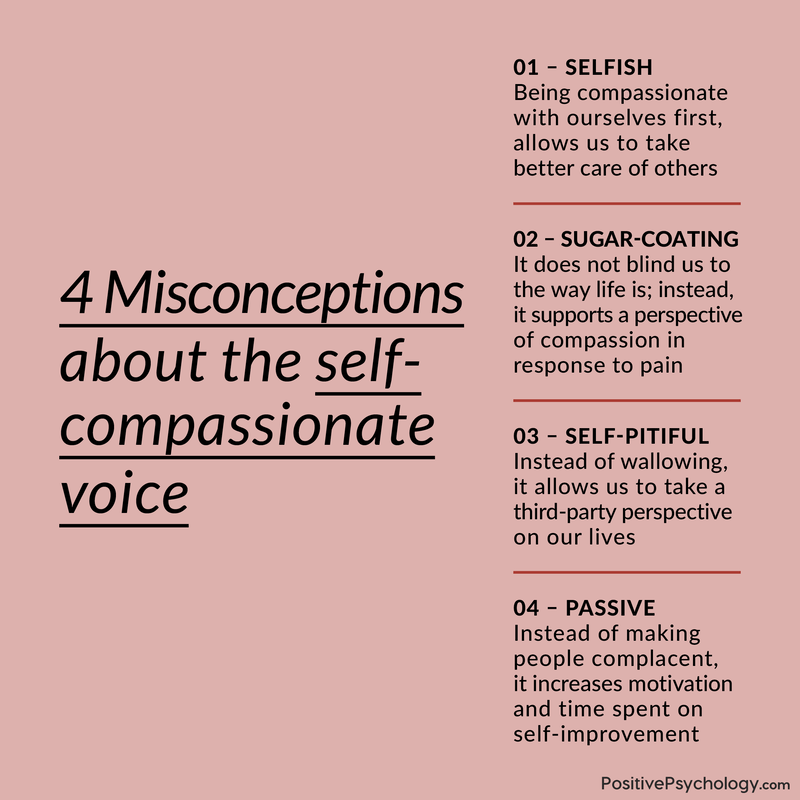
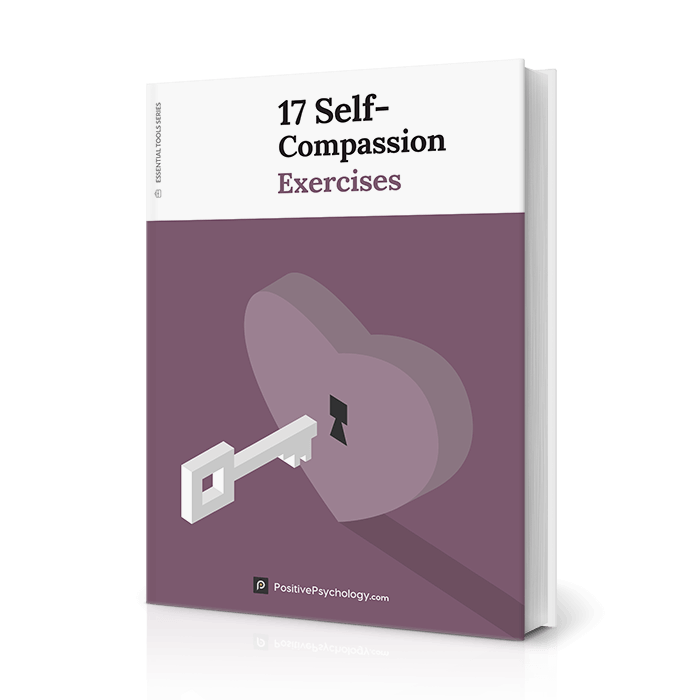
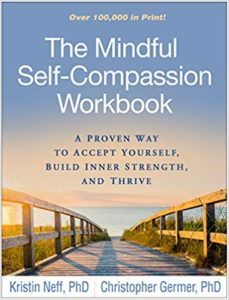
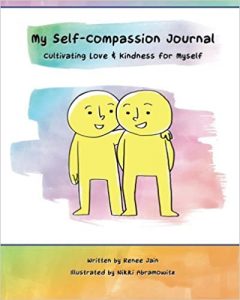
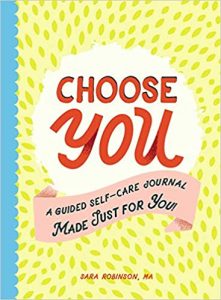



What our readers think
Thank you for this incredibly comprehensive article on the power of self compassion
Thank you Leslie for this compilation of articles. I share the benefits os self-compassion with coaching clients.